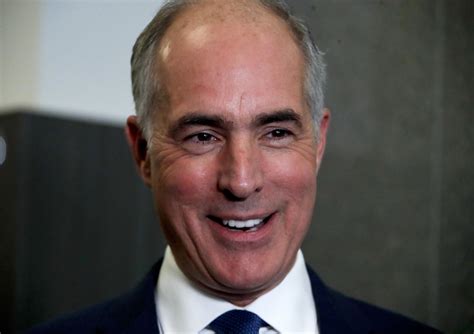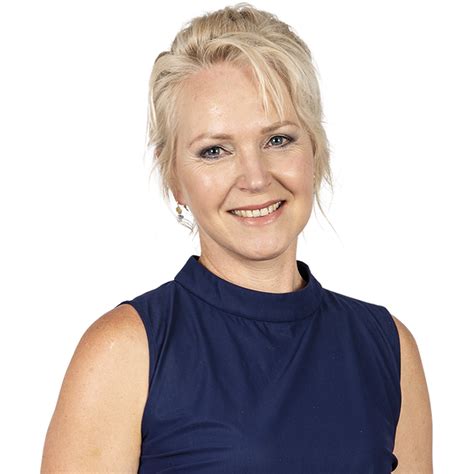A Quote by Miguel Syjuco
I've learned that I have to be happy with creating discussion and debate and that I shouldn't be trying to write a book that appeals to the consensus.
Related Quotes
I think my faith as a Muslim is very important. One of the core values is that you are always trying to build consensus. So when it comes to figuring out if something is permissible or not in Islam, it's usually a discussion, and people have to come to a consensus in order for something to be approved.
Historically, the claim of consensus has been the first refuge of scoundrels; it is a way to avoid debate by claiming that the matter is already settled. Whenever you hear the consensus of scientists agrees on something or other, reach for your wallet, because you're being had. The greatest scientists in history are great precisely because they broke with the consensus.
The "family" has clearly emerged anew in the late 1970s as a central subject for discussion, debate, research and writing in bothscholarly and popular arenas. Anxiety over whether or not the family as a basic social institution is dying has diminished. In its stead has emerged a fairly broad consensus around the position that the family is "here to stay," but that it certainly is changing.
You have to surrender to your mediocrity, and just write. Because it's hard, really hard, to write even a crappy book. But it's better to write a book that kind of sucks rather than no book at all, as you wait around to magically become Faulkner. No one is going to write your book for you and you can't write anybody's book but your own.
You can't write a book if you've never read a book. And if you've read five books and you try to write a book, your book will mainly encompass the themes and the context of the five books you've read. Now, the more books you read, the more you can bring to a book when you decide to write one. So the more rap I learned, the more I was able to bring to rap when I decided to rap. But this was all subconscious.
I seem to have come out of the womb with existential angst and wasn't a happy kid, so I've been on a lifelong search trying to discover how to live the best life possible. I committed my life to doing what I could to experience greater happiness, which ultimately led me to write a book on the subject called Happy for No Reason.





































